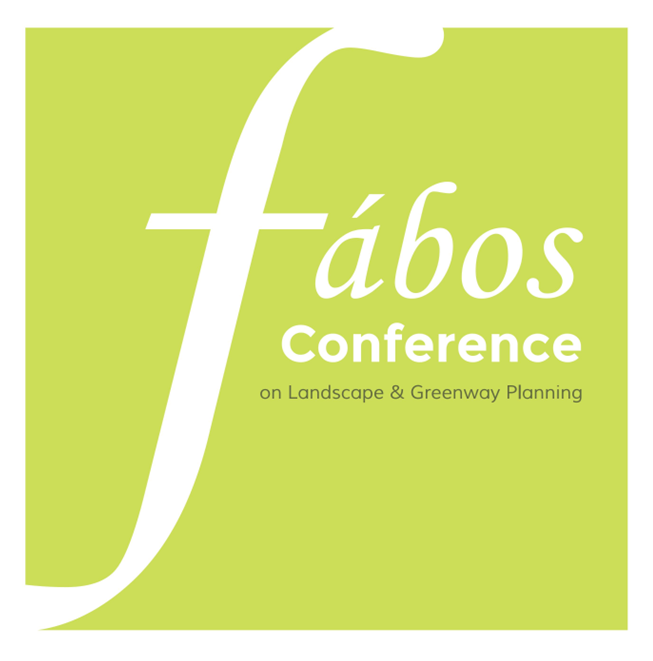Regional Environmental Planning in a Home Rule State: Against all Odds
- Wolfram Hoefer (Rutgers University - New Brunswick/Piscataway)
- Nina Cron (Rutgers - New Brunswick)
Abstract
U.S. Home Rule is born out of mistrust of central government along with skepticism toward established experts. In that mindset, a community knows best how to deal with their local matters. Municipal governments in New Jersey decide if alcohol can be sold or if a new housing development will increase the property tax base. Home rule gives each New Jersey municipality significant power, including land-use decisions that have consequences well beyond local boundaries. In these matters, County, State, and Federal government levels can only provide friendly suggestions. Any regional environmental planning is based on goodwill; the State Office of Planning Advocacy has no power to force inter-municipal, inter-county, or regional collaborations. The primary State environmental tool with some impact on local decisions is the New Jersey Department of Environmental Protection (NJDEP) permitting process for new developments. Projects that will impact natural resources and habitat qualities must go through a substantial review that allows the NJDEP to influence proposed development through required permitting decisions.
However, sustainability, resiliency, and quality of life challenges require integrative and proactive environmental planning on a larger scale. The leadership of Middlesex County in central New Jersey has charged our team with developing an Integrated Cultural Landscape and Ecosystem Services Plan (L-Plan). A comprehensive County-wide ecological assessment is combined with an analysis of the County’s cultural landscape, embracing the interrelationships between human-wellbeing and landscape design.
The presentation will outline how our methodology builds on the tradition of interdisciplinary environmental planning developed by Ian McHarg at the University of Pennsylvania in the 1970s that has similarities with European comprehensive landscape planning. The innovation lies in the application of landscape urbanist approaches toward a regional environmental decision-making framework while engaging with municipal decision-makers and the public.
Keywords: Home Rule, Landscape Planning, Cultural Landscape
How to Cite:
Hoefer, W. & Cron, N., (2022) “Regional Environmental Planning in a Home Rule State: Against all Odds”, Fábos Conference on Landscape and Greenway Planning 7(1). doi: https://doi.org/10.7275/ecmm-jz59
Downloads:
Download PDF
400 Views
310 Downloads
